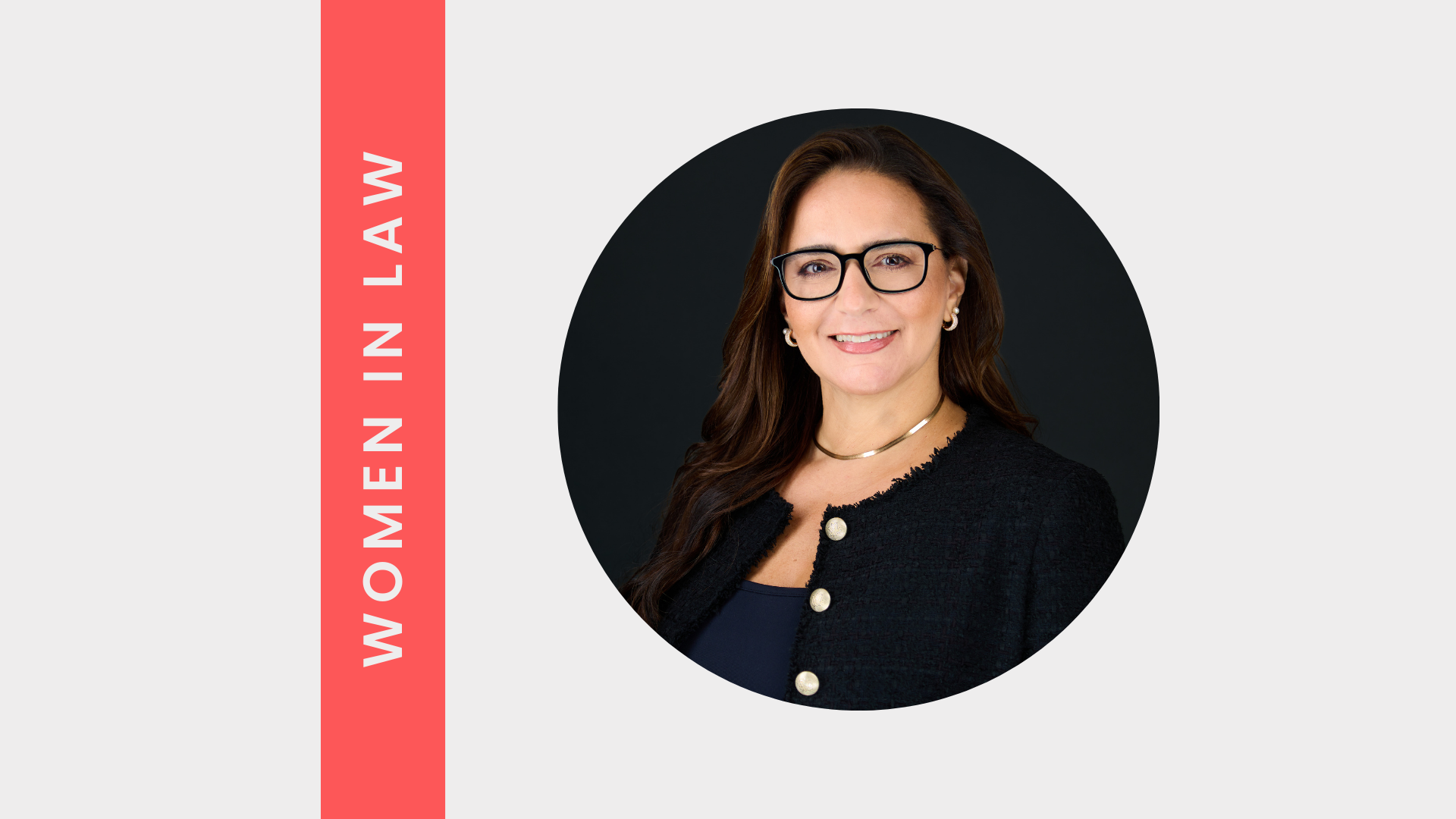Inspiring Business Women: Shelley Grayson
I recently had the great pleasure of interviewing Shelley Grayson, the Head of Compliance at FinTech start-up LiveMore Capital. We spoke about her career journey so far, and the obstacles and challenges she’s had to overcome to get to where she is today.

Shelley, can you tell us a little about your career progression to date?
I have had a rollercoaster of a ride! Having left school with no qualifications, I only wanted to be a DJ so set off on that path (including six months on a pirate radio station). Working multiple jobs such as a secretary, waitress, translator, and sales rep, I eventually found my
niche in the insurance world. I studied really hard for the CII exams and then went on to qualify in law aged 33. I have not stopped academic pursuit since, and I’ll often do an online qualification when on leave. I did the New York State Bar MPRE in 2017, GDPR certification in 2018 and last year I passed Level 1 Mandarin.
At work, I loved being able to provide perfectly bespoke products to respond to peculiar needs and there began my geekiness in getting technical with coverage and claims. This landed me back in the UK in the centre of the world’s insurance market selling to and servicing telecoms and tech clients from all over the world. From there I moved across from insurance to bancassurance, banking to finance, then back to private banking and three decades later, I am now Head of Compliance for a really exciting FinTech start-up called LiveMore Capital.
–
What key factors propelled you to enter the Compliance space?
I had worked in business development for well over a decade and saw how much my clients loved having a technical approach to their coverage and a relationship built on clearly articulated needs being met. Technical prowess wasn’t something which the sales teams saw as being a big deal, so Compliance became a natural home for me to enable business through compliant and yet very creative solutions. I quickly realised I wasn’t thinking like other business development team members, but I also recognised this difference in view and approach brought an additional layer of value and integrity into what had previously been a rather one-dimensional approach. The transition was mostly through my own efforts, volunteering for projects and voicing thoughts frequently and constructively around compliant provision of new services or products. The balance slowly tipped until about ten years ago, when I totally left the business development space and emerged full time in Compliance.
Moving into my current role at LiveMore was a no-brainer because I am passionate about the mortgage market working better for consumers, especially mortgage prisoners. There were many other factors to choosing this move, including a high quality team of peers with lots of energy, 21st century tech, broad and deep responsibilities, it counting when you work or don’t work, and a passion for building a new business. Also, I had reached a point where having a dog in the office sounded like such a great idea, I wanted to go to a workplace where that was cool. (LiveMore has an office dog – woofs!).[
–
Having worked across a variety of roles within Financial Services, what challenges did you experience moving across to Compliance?
I have seen some organisations seeking only experienced hires for brand new regulation. That’s frustrating and means companies are confined to a very limited talent pool. I have had to persuade my employers around skills which are analogous and can transfer across disciplines to make any breakthroughs; identification of raw skills which are suited, like natural curiosity coupled with technical audit and paralegal or investigative disciplines make for energised, fresh and agile hiring takes a lot of persuasion.
–
What are some of the biggest challenges you've faced in your career so far, and are any due to gender?
The greatest challenge I have faced in my career so far is learning how to change attitudes in businesses who view Compliance as “the department of business prevention” into businesses who view Compliance as enabling better, fairer and more sustainable business. When done right, and creatively, Compliance can always give competitive advantage to any business.
I have felt gender imbalance over my (quite lengthy) career; automatically being paid far less as a base salary, receiving lower bonuses, seeing eyebrows raised when I announced I was pregnant or rush off to a kids arrangement, coming back to work after kids on a lower salary and less responsibility, my managers having lower expectations of me despite me still loving what I do. When I was given a secondment to the Far East for two years, my boss actually asked me to not get pregnant (I was newly married) as, in his words, that would be career suicide for me.
–
Do you believe there's a glass ceiling for women in the workplace, and has it changed?
I believe there are a number of “glass cliffs” for women which still take a higher degree of performance to scale. In the Big 4, my experience of the women I engaged with who made it to partner so very often appeared to do so by being “one of the guys”. I chose a different path, and I have no doubt it has meant a slower and more gentle career climb, but staying authentic to myself and reaching a healthy work-life balance still feels to me like I made the right choices.
–
When it comes to diversity, how do you feel that the Financial Services industry compares to others, and how has that changed?
It is constantly improving, but from such a low starting point that is still not setting the bar very high in the UK and “old Europe”. Newer and more dynamic economies like South East Asia and Eastern Europe have more women in senior positions and a clearer focus on diversity values.
FinTechs like LiveMore have a clean slate – we actively focus on diversity because it makes sense for us, ethically and commercially.
–
Looking back on your career, what are some of the key moments that have helped or hindered you in getting where you are?
I messed up once, big time. It was the best learning experience I ever had. I was humbled, needed to reflect on what went wrong and fully own the consequences. It was very hard at the time. Now I look back on that inflection point and how it forced me to face up to who I was and what I wanted to be. It brought integrity into central focus for me and that has defined my career ever since. What has helped and hindered me most at the same time is my desire to remain authentic. I am naturally very nosy, very bubbly, very competitive and ridiculously positive – that can be annoying for others and I have to remain conscious of that, without becoming flat and less passionate. I’m now at an age and in a position where being authentic is more of an advantage as it is supported with knowledge, maturity, empathy and a bit of wisdom.
–
What advice would you give to a woman looking to progress their career in Compliance?
Do it. Get qualified in some credible areas, seek a mentor or two who you can help so they can help you, always be on the lookout for opportunities to provide a range of solutions other than “no”. The intellectual stretch is there every day if you assume “no” is not an acceptable default position for any Compliance response, and you will build a position where you are fundamental to the success and culture of any financial services business.
A few last golden nuggets of advice I would also add are:
- Be kind and helpful. Always. To everyone.
- Never say anything behind someone’s back you would not be ready to say to their face, but when it needs saying, absolutely say it.
- Always be sure of your facts, and if you’re not, say so, preferably in advance.
- When you interview somebody or provide an appraisal, whether they are successful or not, be clear in providing constructive feedback and recognise their life is literally in your hands.
–
A huge thank you to Shelley, for opening up about her own journey to where she is now. If you, or someone you know, is an Inspiring Business Woman in Compliance, and has a great story to tell, then I’d love to hear from you! Contact me at danielbloom@hydrogengroup.com.
Our latest insights







